What is lens replacement surgery
Lens replacement surgery, also called refractive lens exchange (RLE), offers a permanent vision correction solution.
This outpatient procedure treats problems like presbyopia (near vision loss), cataracts (cloudy lenses), and extreme farsightedness or nearsightedness. These include conditions that are unsuitable for laser surgery.
Lens replacement surgery boasts a high success rate, giving you a clear view of the world and a life less reliant on glasses or contacts.
WATCH: Prof Mohammed Muhtaseb explains more in this video.
How lens replacement works
Think of lens replacement surgery as an upgrade for your natural lens.
During this procedure, your eye’s lens is gently removed and replaced with a customised, clear artificial lens. This is similar to cataract surgery, but performed proactively before cataracts develop.
The real magic happens with the lens implant itself. There are different types available, each chosen based on your specific needs and a thorough pre-operative exam.
Multifocal Implants – See Clearly at All Distances
Multifocal implants – also called Multifocal IOLs (mIOLs) – are a game-changer. This innovative, new technology mimics your eye’s natural ability to focus, offering clear vision for near, intermediate, and far distances. So with multifocal implants, you’ll see the object you want to focus on clearly, without needing glasses or contacts.
WATCH: Prof Mohammed Muhtaseb explains more in this video about how lens exchange surgery can offer a permanent vision correction solution, potentially freeing you from glasses and contacts for good.
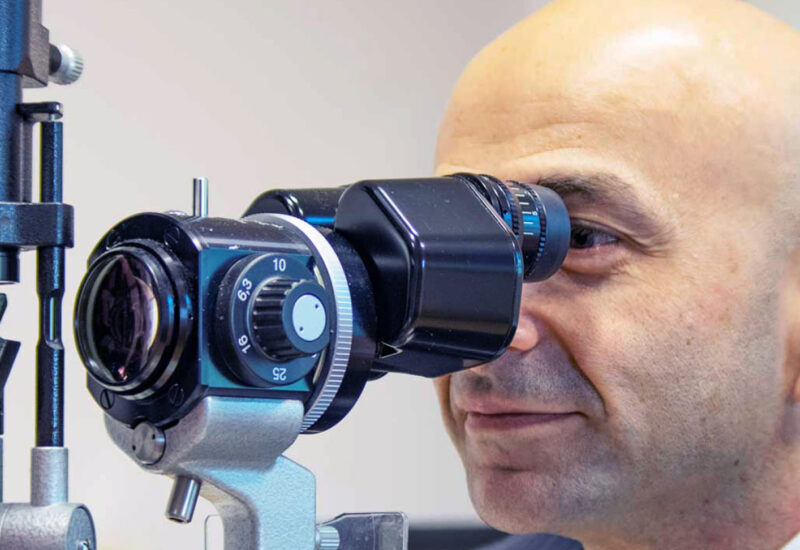
Results You Can See
Eye lens replacement surgery is an outpatient procedure, boasting both high safety and patient satisfaction.
Surgical risks are minimal, and Prof Mohammed Muhtaseb will discuss them thoroughly during your initial consultation.
Here’s the good news: the vast majority of iLase patients experience exceptional results after lens replacement surgery, with significant improvement to both vision and quality of life.
Key benefits of lens replacement
Lens replacement surgery is about more than correcting vision – it’s about embracing a new chapter in your life.
Upgrade your eyes
This 15 minute procedure offers you the the freedom to see clearly, near and far without the need for glasses or contacts.
Improve vision quality
Sharper, clearer and more convenient vision compared to what you might be experiencing with glasses or contacts.
Address presbyopia
This age-related loss of near vision affecting people over the age of 40, is caused by the natural aging of the lens. It cannot be tackled by laser vision correction surgery, which focuses on reshaping the cornea.
Prevent cataracts
Since this procedure replaces your natural lens, it eliminates the possibility of future cataracts developing, a condition requiring separate surgery.
Long-term stability
Unlike laser eye surgery that might require enhancements over time, lens replacement offers a more stable and long-term vision correction solution.
Renewed quality of life
Enjoy a new level of confidence with sharp, unaided vision that allows you to participate fully in life’s activities, like exercise, travel, and hobbies.
Lens replacement FAQs
You could be suitable for lens replacement if you:
- Are 50 years or over (although exceptions to this may be considered depending on individual circumstances).
- Have a spectacle prescription for distance or near vision, or both.
- Wish to become less reliant on their glasses or contact lenses.
- Want to be free from glasses and contact lenses.
To find out more, book a free 15-min call with our optometrist who will happy to help.
Step 1: The first step towards achieving freedom from glasses with lens replacement is to arrange a consultation with us. You do not need a referral, but it is always helpful if you can bring the report from your latest optician’s eye test.
Step 2: After a thorough consultation and examination, we may ask you to have further tests if we think it’s necessary.
Step 3: Once we have agreed to a personalised treatment plan for you, we will offer you a range of dates for the surgery and plan your post-operative care in line with your specific circumstances.
Step 4: When you arrive in the surgical centre, you will be greeted by the team. The day will go very smoothly and you will leave the hospital having received the very best care and attention throughout your time with us.
It’s not a question of which is “better”, but which is most suitable for your specific needs and circumstances. Here’s a breakdown to help you choose:
Good candidates for lens replacement
- Over 40 and experiencing presbyopia: lens replacement with multifocal implants can address both near and far vision.
- Have severe refractive errors: laser correction might not be suitable for very high nearsightedness, farsightedness, or astigmatism.
- Have existing corneal conditions: Conditions like keratoconus can disqualify you from laser correction making lens replacement a viable alternative.
- Want to prevent future cataracts: lens replacement, as the name suggests, replaces your natural lens, eliminating the possibility of cataracts developing.
Good candidates for laser correction
- Aged 18-40 with good overall health: Age is a factor, and laser correction might not be suitable for developing eyes.
- Have mild to moderate refractive errors: laser correction works best for addressing these levels.
- Have a healthy cornea: The procedure relies on reshaping the cornea, so its health is crucial.
- Prefer a less invasive procedure: laser correction is typically faster than lens replacement.
Lens replacement is a very safe procedure.
Like all types of surgery, lens replacement carries some risk of unexpected events occurring either during or after the operation. These risks are usually 1% or less, and the vast majority of patients are very happy with the results of their surgery.
The variety of intraocular lenses (IOL) that can be used for this procedure enable us to deliver a tailored approach to visual correction.
Here is a breakdown of different IOL types:
Monofocal
You will see in the distance but uses glasses for middle and near.
Enhanced Monofocal
You will see in the distance and have some functional middle distance vision, but will require glasses for finer middle distance vision and for near.
Multifocal / Trifocal
You will see clearly in the distance, middle and near.
Multifocal – Extended Depth Of Focus (EDOF)
Lenses that combine multifocal and EDOF technology add to the range of multifocal lens options.
The visual outcomes detailed above are target outcomes, not guarantees. There is a possibility that glasses may still be required to achieve best vision, whatever the type of IOL that is used.
Lens replacement surgery boasts a very high success rate, with 95% of patients achieving vision of driving standard or better following the procedure.
Lens replacement is not a painful procedure. With local anaesthesia and a focus on patient comfort, most patients experience minimal discomfort during and after the surgery.
If you’re concerned about any aspect of the procedure, discuss it with Prof Mohammed Muhtaseb, who can address your specific anxieties and explain what to expect in terms of comfort.
Both procedures use similar techniques and offer excellent success rates, but they address different situations:
Lens replacement (RLE): This is an elective surgery for people with good vision who want to improve it further, especially by correcting presbyopia (age-related nearsightedness). During RLE, your natural lens, even if clear, is replaced with an artificial intraocular lens (IOL).
Cataract surgery: This is a necessary surgery for people who have developed cataracts. Cataracts are a clouding of the natural lens in your eye, which significantly affects vision. Cataract surgery removes the clouded natural lens and replaces it with a clear artificial IOL to restore vision.
Blurry vision after lens replacement is normal. Your eye is healing, adjusting to a new lens, and might have some inflammation. It usually clears within days. If blurry vision worsens, persists, or you have pain/redness, we ask that you contact the clinic for additional post-operative support.
iLase offers convenient payment options to suit your timescale and budget, with the cost of treatment from £3,286 per eye.
This all inclusive price covers:
- Hospital fees
- Anaesthetist fees
- Lens implants**
- Aftercare (as per T&Cs of surgery)
Prices may vary depending on the type of lens chosen for your surgery as well as for any other additional procedures. Payment plans may be available through the hospital where your surgery is conducted. Please contact us to discuss your options.

Discover the number one oversight patients make when choosing lens replacement/cataract surgery
Most people have cataract surgery without knowing about all the options they actually have surrounding cataract surgery. Unfortunately, most people only find this out after having cataract surgery. The information in this Wales Cataract Guide could save you frustration and worry. Simply click the button below to give us your email and we’ll send you this life changing guide:
When might you need our treatment?

You’re over 45 and would love to read again without glasses
Unfortunately, reading glasses or varifocals get in the way of many of the things you most enjoy. Yes, spectacles help, but they are annoying little appendages that you lose or must clean to see clearly.
If you feel annoyed, anxious and limited by reading glasses or varifocal spectacles, we can help. Don’t let your favourite hobbies become tiring chores.
Be free from reading specs for good. Experience the liberation from squinting and headaches that you might have already begun to accept as part of life.
Instead, look forward to enjoying everything that your vision has to offer. Whether you enjoy reading, gardening, or the great outdoors, everything looks better when your eyes see as young as you feel.
Get a new lease on life. Contact us today and take the first step towards a better life.

Your vision is yellowing, duller, and cataracts are forming. You feel like your eyes are letting you down
The effect on your life can vary from being slightly frustrating, through to significantly affecting your ability to function independently, or even causing a devastating reduction in vision.
Before you developed cataracts, you were living a full life. You may enjoy the outdoors, have indoor hobbies or enjoy travelling. Or, perhaps you have finished working and are now taking the time to enjoy everything you may have missed when you were busy making a living.
Sadly, your eyes now dull the shine of life’s beautiful landscape. The trees, the flowers and even the sky don’t seem as bright as they used to look.
Get your life back without the compromise. Experience what life used to look like. Even better, if you’ve worn glasses or contact lenses, discover the incredible once-in-a-lifetime opportunity that modern cataract surgery affords.
Hear from our patients
With over 6300+ surgeries performed hear from just a few of my happy patients.
It’s been incredibly liberating to wake up in the morning and be able to see without reaching for my glasses.
I can go any anywhere and see anything near and far. I can see now as well as I could when I was 18 years of age which is incredible and I’m looking forward to clear vision for the rest of my life.
“No. 1 – My advice would be do it. No. 2 – See Mohammed if you can. I made the decision to not go down the NHS route because I wanted to see the best consultant – probably in the UK… It was absolutely worth it… because you can’t really put a price on your sight.”
“I don’t wear glasses at all now. I don’t need them. I was impressed by his professionalism, his calmness. He explained everything clearly and in layman’s language… I would say to anyone considering treatment: just do it. Don’t be afraid of it. It’s painless and it works.”
“I can’t speak highly enough of (Prof Muhtaseb). Nothing was too much trouble, you could phone anytime, day or night. I wish I had done it when I first started wearing reading glasses and just gone to Prof Muhtaseb then and got it done. I would do it all over again, but do it much faster.”
“I would definitely recommend the professor. I think his approach is perfect! If you have any anxieties at all – just check with someone who’s had the procedure done. I had no pain at all. I expected a little bit of discomfort – but no pain, that was good. It’s life-enhancing and that’s not something you can put clearly enough. I didn’t realise how green the trees were! It’s lovely!”
Enjoy a life free from cataracts, glasses and contact lenses in three easy steps

Talk to us
Request your consultation online or call us on 02922 550 201 and we’ll guide you towards an initial assessment.
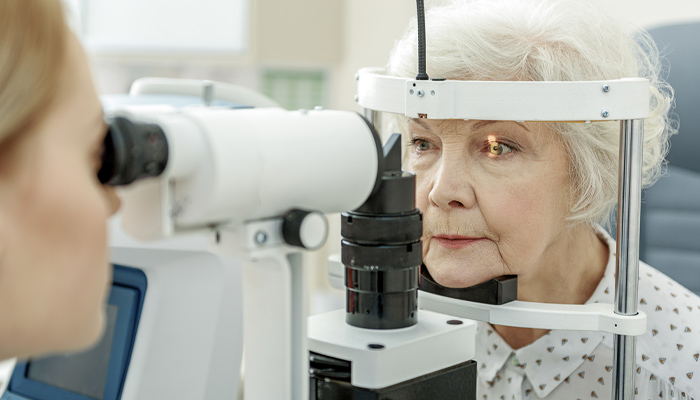
Meet your consultant
I’ll see you before treatment to ensure you’re a good candidate and treat you at one of my facilities in South Wales or Bristol.

Revitalise your eyes
I’ll supervise your aftercare as you begin to experience a life free of cataracts and glasses and contact lenses.
Learn more about eye conditions and eye treatments

Terrified of Cataract Surgery? 10 Things Patients Are Scared Of.
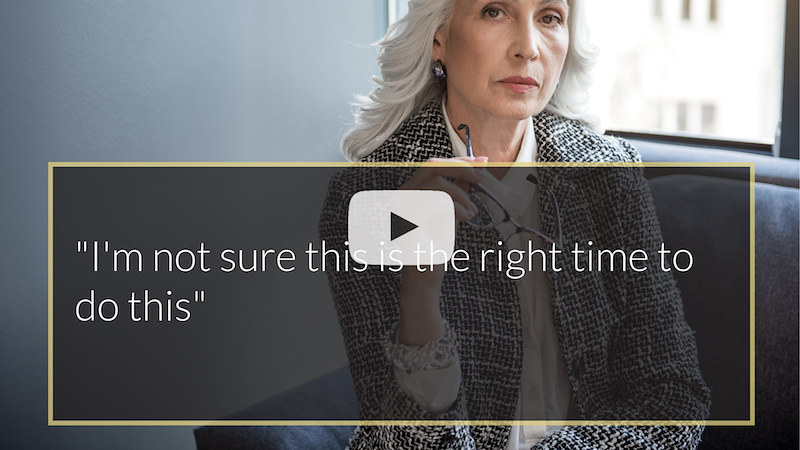
“I’m not sure this is the right time to do this”
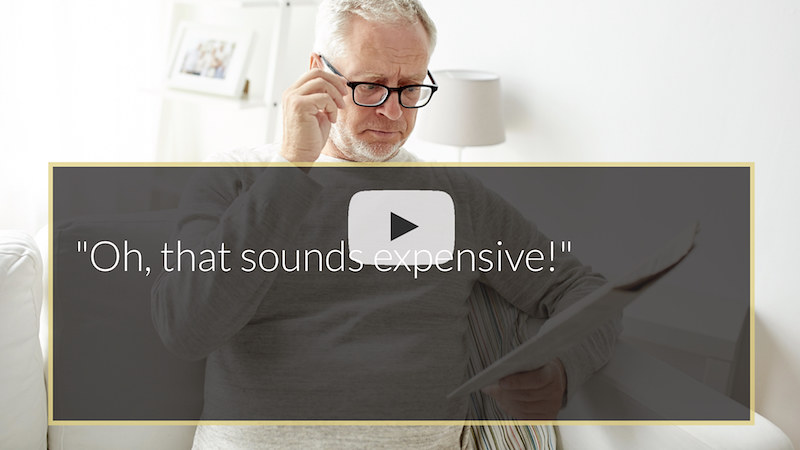

“I’d like to think about it”
Educate yourself further about lens replacement by reading the links below
The NHS has compared laser eye surgery and lens replacement, and is worth a look. Click here for more information.
This 12-page guide provides you with the benefits of refractive lens exchange, as well as the risks and alternatives. Click here for more information.
Presbyopia is a condition that can make patients undergo a lens replacement – but what exactly is it? Click here for more information.
We are proud to be a part of these professional bodies
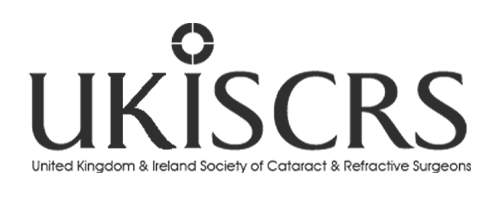





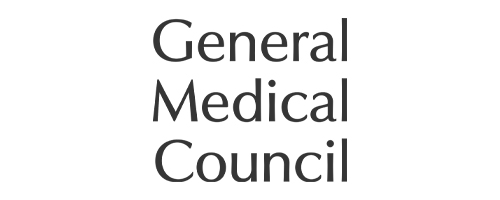

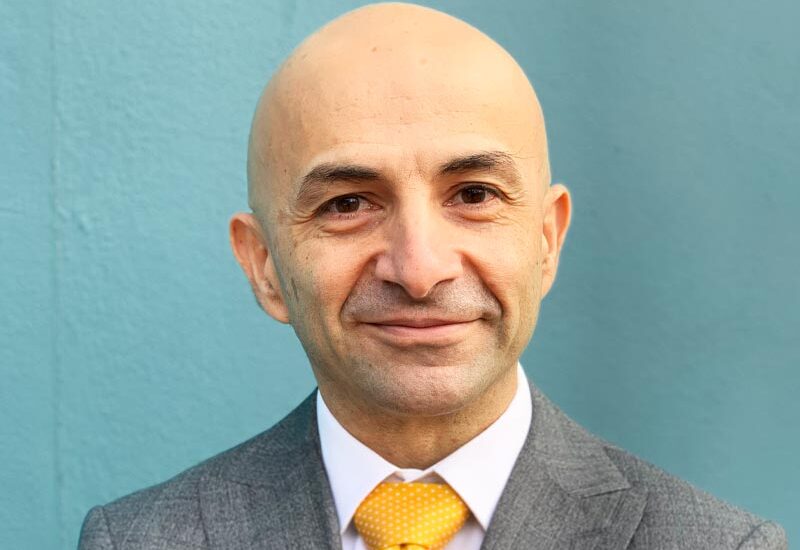
Prof Mohammed Muhtaseb, FRCOphth
Consultant Cornea, Cataract and Refractive Surgeon
Based in South Wales, he is one of the very few ophthalmologists working in the UK who is a fellowship-trained specialist in Cornea, Cataract and Refractive Surgery. He holds full specialist registration with the General Medical Council and was appointed as a Consultant in the NHS in 2006.
